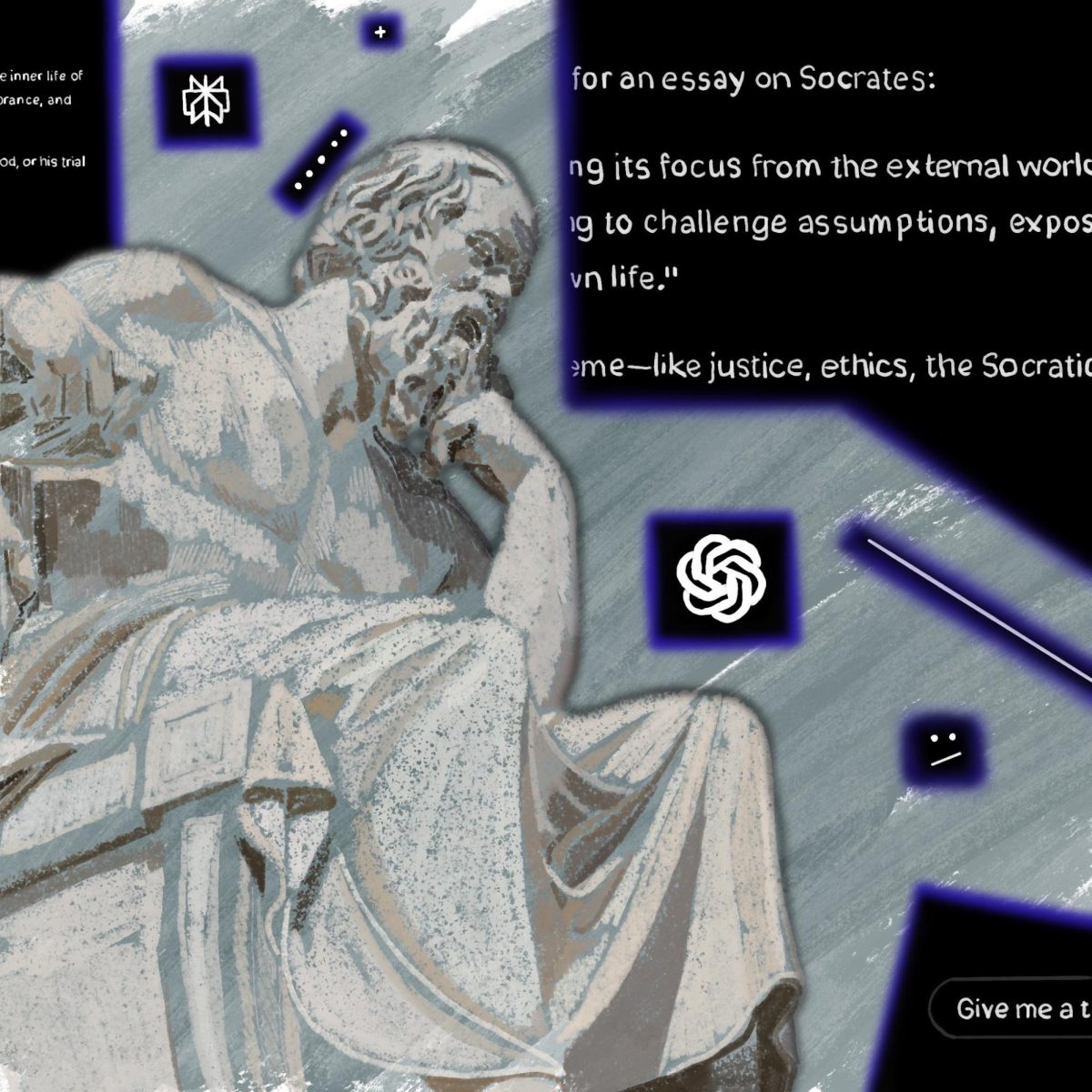Now that I’m what the underclassmen call an old person (that is, a fourth-year), some of them want to know how I think my post-graduation prospects might be affected by the University’s changing admissions rates. I’ve always wondered whether our student population’s fixation on the significance of the admissions rate was overblown, since I can’t imagine that any hiring managers or graduate school admissions committees would be able to quote several years’ worth of admissions statistics off the top of their heads, the way some current and prospective students can. However, I suppose the rate’s significance varies based on the field one is hoping to enter.
For the sake of argument, let’s proceed with the apparently common assumption that the University’s recent increase in selectivity will have a significant impact on our chances of success (defined in the traditional sense) after college. Would this be a good thing? Many of us are taught in college to prize the meritocratic ideal. Students spend time trying to get good grades and good internships in part because they want their accomplishments to be a testament to how worthy they are of future opportunities. Most students, though, cannot claim credit for the admissions rate of the classes that arrived after them, except perhaps those who work for the admissions office or who are featured in one of the admissions pamphlets. Therefore the concept of judging people who had arrived years earlier based on the current admissions rate is rather odd.
One of the laments heard perennially on campus is that the quality of the University has been consistently undervalued by people outside of academia. Consequently, before the University’s admissions rate dropped drastically in recent years, students felt that they were at a disadvantage compared to those enrolled at institutions that the University typically considers its peers. By this view, it would be reasonable to think that the new admissions rate is a more accurate reflection of school quality, and it would therefore be fair to judge older students through its lens.
However, the umbrage taken by students who feel that their school is underrated is interesting in light of the opinions they express about other schools. While one cannot rigorously analyze students’ sentiments by reading the “Overheard at UChicago” Facebook page, enough students frequent the page that the posts and the comments found there can still offer some insights. “Overheard”’s scope seems to have expanded in recent years, as there is now a steady stream of posts linking to lists of college rankings, whose sources range from the well-known (U.S. News & World Report) to the more offbeat (The Daily Beast, BuzzFeed). While it doesn’t appear that students take the rankings to heart, they’re designed to be link bait: It’s nearly irresistible to click through them and then start commenting about how ridiculous they are, because School X is above School Y when clearly School Y should be above School X.
The comments that disparage other schools can be a little off-putting. To be fair, some of them are just jokes that arise from longstanding rivalries (ahem, Northwestern). Others, though, appear to be sincere. Though the methodology of many of the rankings is definitely iffy, it seems that people are more likely to criticize a ranking’s methodology when its results don’t reflect their ideal outcome. I admit that at times, my initial reaction to the rankings resembles the opinions expressed in the comments. However, when I think about it a little longer, I realize that the rankings to which we object the most tend to be the ones that deviate from U.S. News’s. A public school rated higher than an Ivy League one? Ludicrous, apparently. Thus, while it’s become nearly an article of faith that benchmarks such as admissions rates have led to inaccurate judgments about our own school in the past, there seems to be less willingness among students to question the same kinds of judgments made about other schools.
Philip Bump suggested in The Atlantic Wire last week that the solution to avoiding biases in the way we assess students from different schools is just to ignore the schools’ names entirely. I don’t think that’s a viable option, because schools have different resources, expectations, and specializations that can play a large role in the development of their students’ interests and abilities. Thus it would be impractical to suggest that such significant information be ignored. But I do think it’s important to remain aware of the limitations and blind spots we may have when it comes to evaluating other people. In the end—though it’s been said often enough to be a cliché—I still believe that the way we choose to judge ought to mirror the way we wish to be judged.
Jane Huang is a fourth-year in the College majoring in chemistry.







